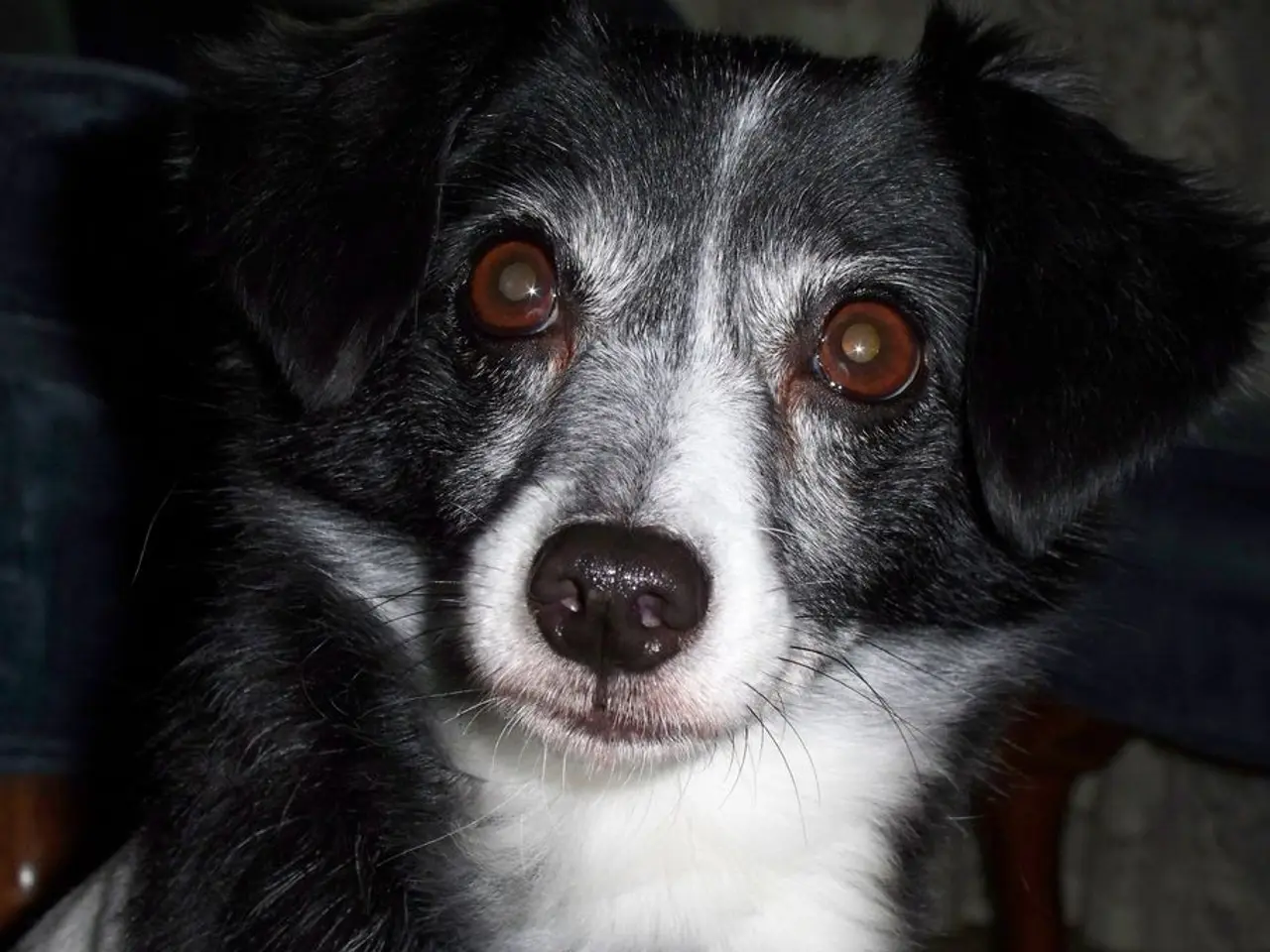Dogs and AI Revolutionize Early Cancer Detection
A groundbreaking study published in 2023 by researcher Shlomi Madar has shown promising results in using dogs combined with artificial intelligence for early cancer detection. This innovative approach could revolutionise cancer screening and treatment.
The method involves training dogs to sniff out volatile organic compounds (VOCs) associated with tumours. SpotitEarly, a company specialising in this field, trains beagles to detect these cancer-specific scents. Hackensack Meridian Health has partnered with SpotitEarly to explore the early detection of breast cancer using this unique combination of canine senses and AI.
Early detection of cancer is vital for positive clinical outcomes. When cancer is detected at an early stage, less aggressive therapy can be employed, increasing the chances of effective treatment and cure. Madar's study has demonstrated that dogs, when combined with AI, can effectively detect cancer at its earliest stages.
The potential of dogs in cancer detection, when augmented by artificial intelligence, is significant. This innovative approach could lead to earlier diagnoses, less invasive treatments, and improved patient outcomes. Further research and partnerships, such as the one between Hackensack Meridian Health and SpotitEarly, are crucial to realise this potential.
Read also:
- Trump's SNAP reductions and New York City Council's grocery delivery legislation: Problems for city residents highlighted
- Reducing dental expenses for elderlies in Sweden: Over 50% cut in charges for pensioners by the government
- Forty-year-old diet: A list of meal choices to savor
- Exiled Life's Conundrum: A Blend of Liberation, Disillusionment, and Distress






